Walmart is Now Limiting Egg Purchases—Here's How Many You Can Buy
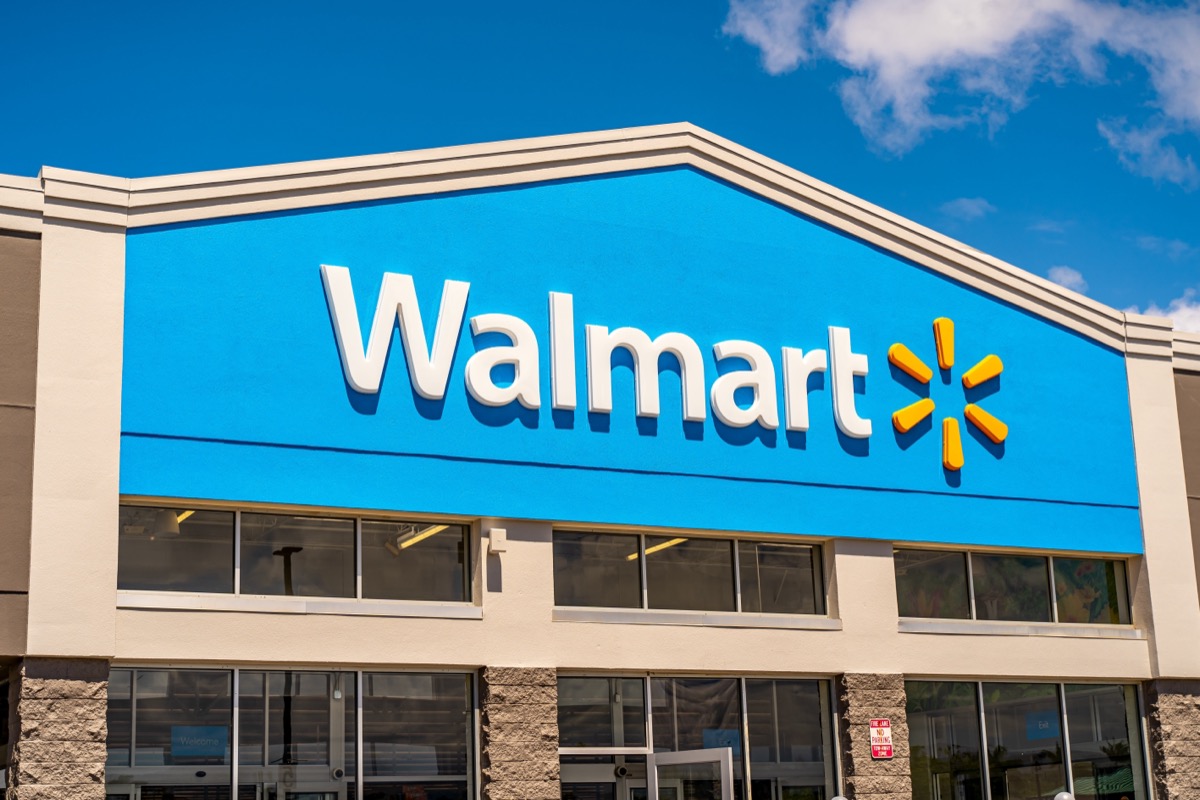
The avian influenza outbreak that's causing an egg shortage has impacted another grocery chain: Walmart. Your next shop will be limited to two 60-count cartons "to help ensure more customers can have access to eggs," a spokesperson confirms to CNBC. "Although supply is very tight, we're working with suppliers to try and help meet customer demand, while striving to keep prices as low as possible." Which other chains are implementing restrictions, how much should eggs cost and how can you stay safe? We found out.
Kroger, Aldi and Whole Foods are Implementing Limits on Egg Purchases
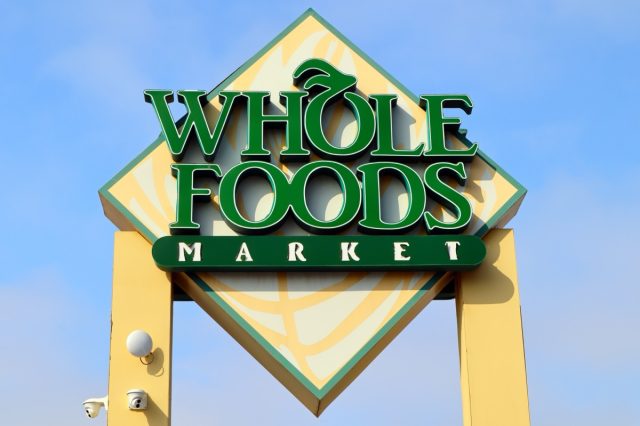
Several grocery chains are placing limits on egg purchases due to supply constraints. Besides Walmart, Whole Foods has also implemented restrictions, capping purchases at three cartons per customer in select locations, such as New York City and Miami.
Kroger is limiting shoppers to two dozen eggs per trip in certain stores, according to a company spokesperson. Similarly, Aldi has imposed a two-dozen limit in some locations, as reported by NBC Chicago. These restrictions may continue to change as additional grocery chains adjust their policies to manage supply issues, and more stores could introduce purchase limits in the near future.
Costco is Restricting Customers to Three Cartons of Eggs in Some Stores
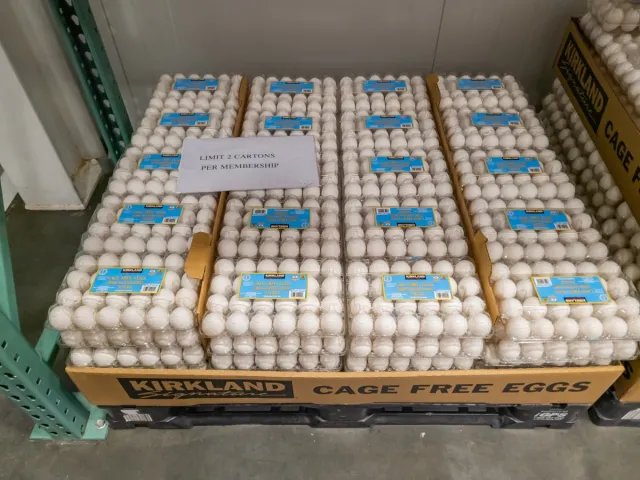
The ongoing egg shortage has led to bare shelves in supermarkets and even reports of customers clashing over the limited supply. In response, Costco has introduced purchasing limits to help manage demand. Many of its stores now display signs restricting customers to three cartons of eggs per visit, aiming to prevent individuals from buying excessive amounts and ensuring more shoppers have access to eggs.
Costco typically offers eggs in packs of two, four, or five dozen. For instance, in Los Angeles, a five-dozen pack of Kirkland Signature Cage-Free Large Eggs is priced at $21.09 but is currently listed as unavailable. On its website, Costco attributes the shortage to supply disruptions caused by the highly pathogenic avian influenza, warning that eggs and related products may be out of stock or removed from delivery orders without prior notice. The company has apologized for any inconvenience this may cause.
So How Much Should Eggs Cost Now?
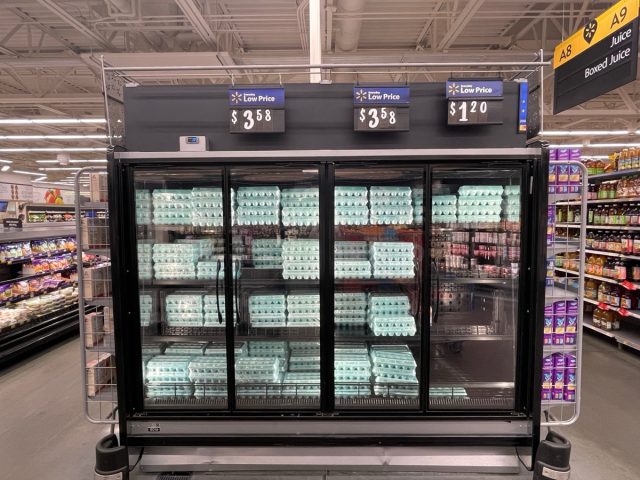
Egg prices have surged alongside the shortages, with costs varying depending on location and store policies. In some areas, a dozen eggs that once sold for under $2 are now exceeding $5. Bulk purchases, like Costco's five-dozen packs, are priced upwards of $20, though availability remains inconsistent. While retailers like Walmart and Kroger are working to stabilize prices, the limited supply continues to drive fluctuations. Experts suggest keeping an eye on local deals, as some chains may offer temporary discounts to clear out smaller shipments when they arrive.
Are Eggs Safe to Eat?

Despite the avian flu outbreak impacting supply, the USDA assures consumers that eggs remain safe to eat. The virus primarily affects birds and does not pose a significant risk to humans through properly handled and cooked eggs. To ensure safety, always store eggs in the refrigerator, avoid using cracked ones, and cook them until both the whites and yolks are firm. These practices help minimize the risk of any foodborne illnesses, regardless of the current outbreak.
How Can I Make Sure I Don't Get Bird Flu?
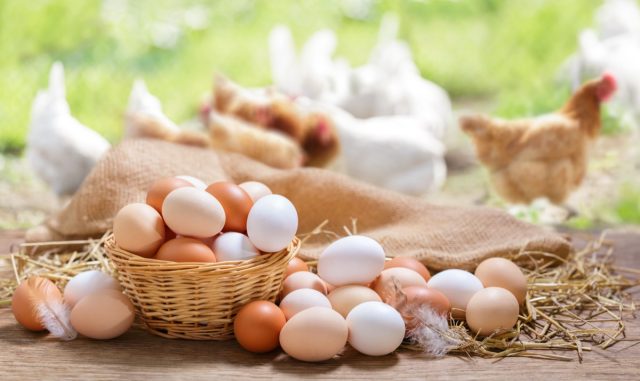
While avian flu is highly contagious among birds, the risk of human infection remains extremely low. The CDC recommends basic precautions, such as avoiding direct contact with live poultry and wild birds, especially in affected regions. When handling raw eggs or poultry, wash your hands thoroughly with soap and water, disinfect surfaces, and cook products to the recommended temperatures. These simple steps help reduce any potential risks and ensure your food remains safe to consume.









